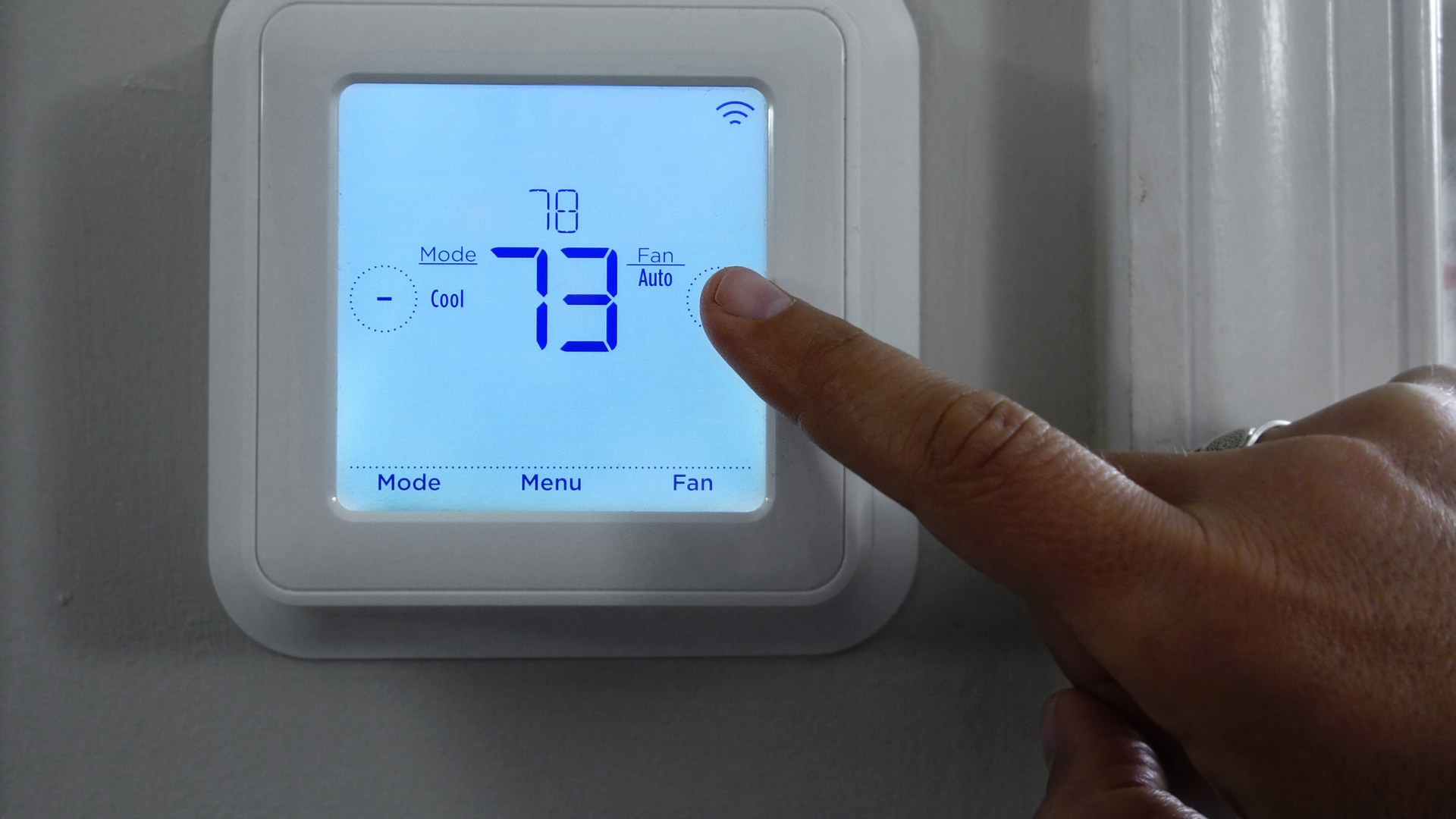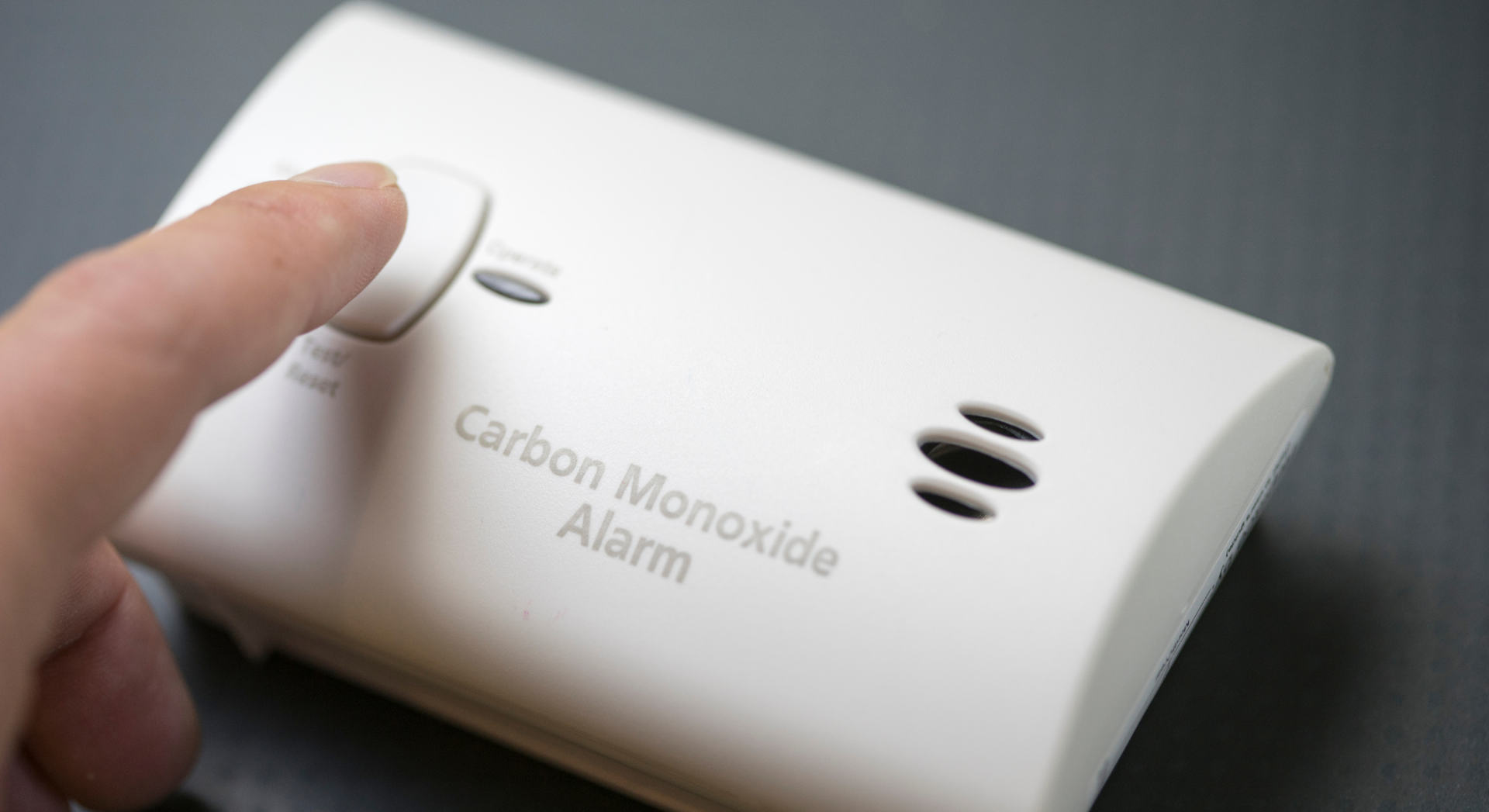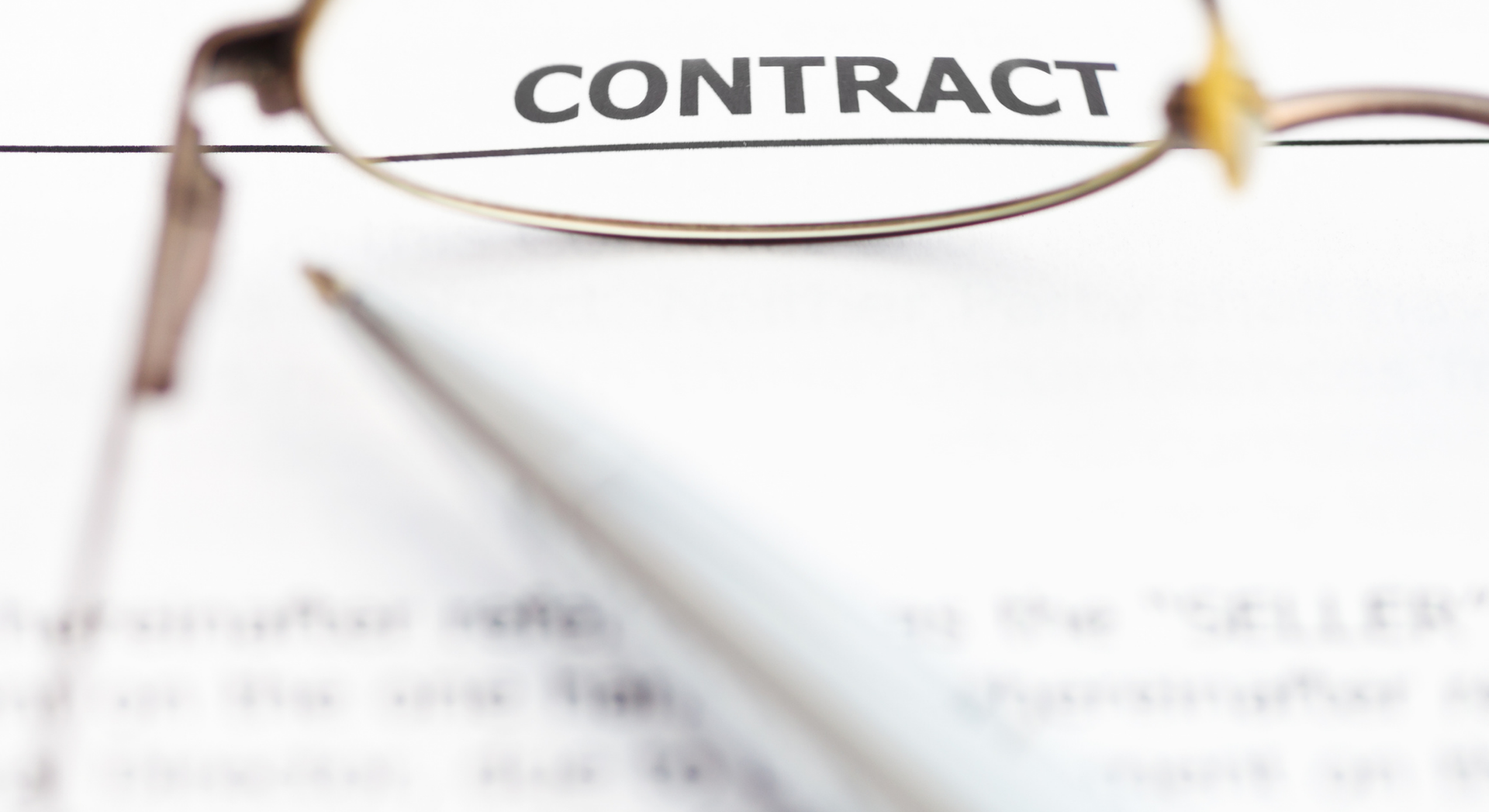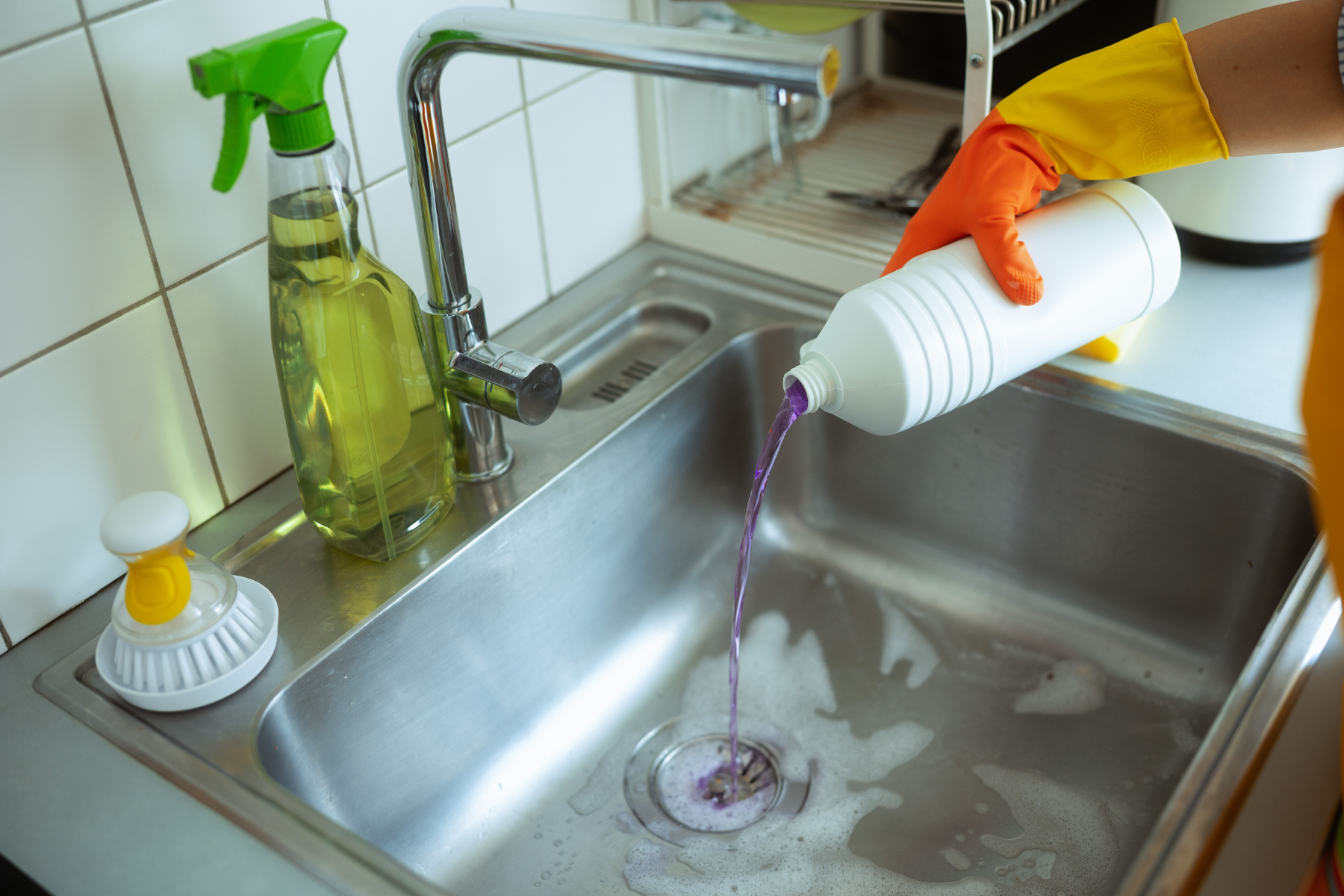The Ultimate Guide to Financing Your New HVAC System
Lease or Buy? The Ultimate Guide to Financing Your New HVAC System
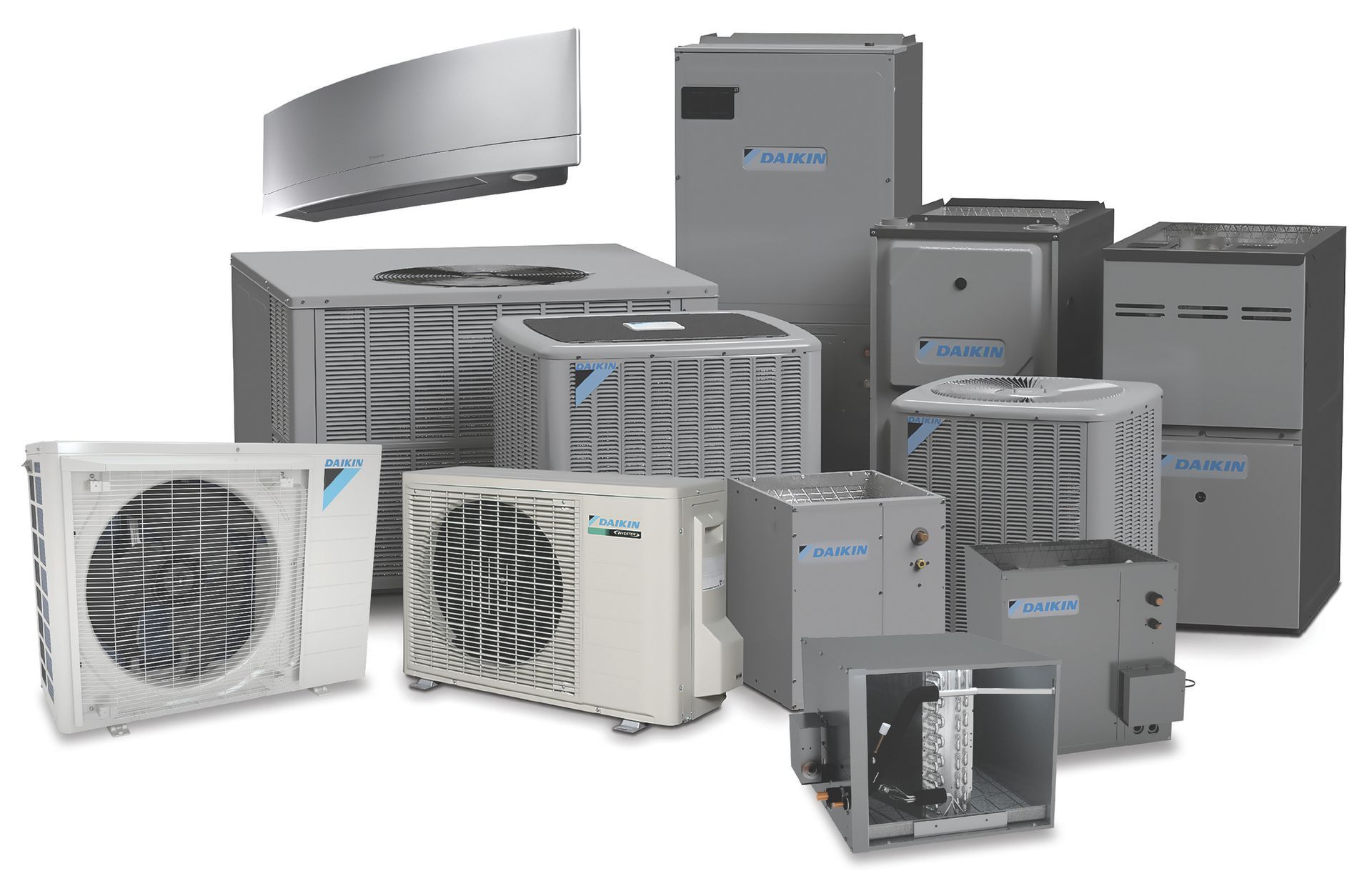
When you need to replace your HVAC system, you can either pay cash for the system or you can finance it. When it comes to financing an HVAC system, you typically have two main options: financing via a loan (similarly to how you finance a car) or entering into a leasing program. Each has its own set of advantages and disadvantages that homeowners should carefully consider.
How HVAC Leasing Programs Work
HVAC equipment leasing is essentially a long-term rental agreement. A homeowner pays a fixed monthly fee to use the heating and cooling system, but they don't own the equipment. The lease contract often includes the cost of the equipment, installation, and can also cover routine maintenance and repairs. This model is often appealing because it requires little to no upfront cost, making it easier to get a new, high-efficiency system installed quickly, especially during an unexpected breakdown. However, a major downside is that you will likely pay more over the total life of the contract than you would if you had purchased the system. Additionally, you don't build any equity in the equipment.
Lease vs. Finance: What Homeowners Should Know
The decision to lease or finance depends on your personal financial situation and long-term plans for your home.
Benefits of Leasing
- Lower Upfront Cost: You can get a new system without a large initial payment.
- Fixed Monthly Payments: The payment is predictable and often includes maintenance and repairs, so you don't have to worry about unexpected costs.
- Accessibility: Leasing can be a good option for homeowners with a poor or limited credit history, as eligibility requirements may be more lenient than for traditional loans.
Benefits of Financing
- Ownership: You own the equipment once the loan is paid off, which can increase your home's value.
- Long-Term Savings: While the initial cost may be higher, the total cost of ownership is generally lower than with a lease. You won't have ongoing monthly payments once the loan is repaid.
- Government Rebates & Tax Credits: Homeowners who purchase new, high-efficiency HVAC equipment are often eligible for various government rebates and tax credits, which are typically not available for leased systems.
- More Control: You have the freedom to choose your own service provider for maintenance and repairs.
Key Considerations
- Total Cost: Always ask for a full breakdown of the total cost of a lease over its entire term and compare it to the financed purchase price, including interest.
- Contract Terms: Understand the length of the lease, what is and isn't included, and any penalties for early termination. Be aware that some lease agreements can place a lien on your home.
- Moving: If you plan to sell your home, a lease can complicate the process, as the new owner may have to take over the lease or you may have to pay a significant fee to buy it out.
The better choice depends on whether you prioritize long-term investment and ownership (financing) or immediate affordability and convenience (leasing).
Click Another Article to Read More


